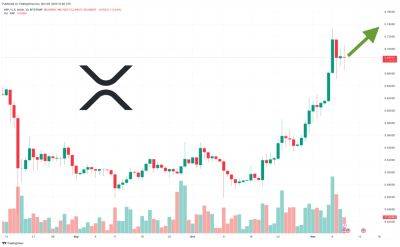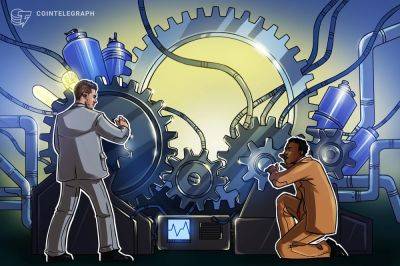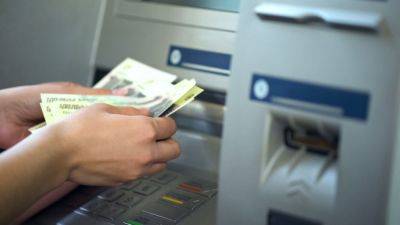ECB Advances Digital Euro Project into Preparation Phase
The European Central Bank (ECB) has recently taken significant steps towards the conceptualization and eventual issuance of a digital euro, a Central Bank Digital Currency (CBDC). This development comes as a response to the increasing digitalization of the economy and financial transactions. Authored by Juan Ayuso, Director General Operations, Markets and Payment Systems, the narrative elucidates the trajectory of the digital euro project, its significance, and the benefits it proposes to offer.
On October 18, 2023, the ECB announced the transition of the digital euro project into a «preparation phase,» following the conclusion of an initial «investigation phase» that commenced in October 2021. During this new phase, set to span two years, the ECB aims to finalize regulations, select private-sector partners, and conduct requisite testing for the digital euro.
The digital euro, designed to function as a digital form of cash, is envisaged to facilitate all digital payments across the euro area. Unlike private bank deposits, the digital euro would be a form of public money issued and backed by the central bank, ensuring a higher level of trust and security. It's intended to be easily accessible, free for basic usage, and available for both online and offline transactions. A notable feature is its promise of high privacy levels for users, akin to cash transactions.
The digital euro project is a reflection of the broader global trend of central banks exploring and adopting digital currencies. The transition to a digital currency is perceived as a milestone, heralding the potential transformation of the monetary system to align with digital economic frameworks. The digital euro is expected to bolster the European
Read more on blockchain.news






















